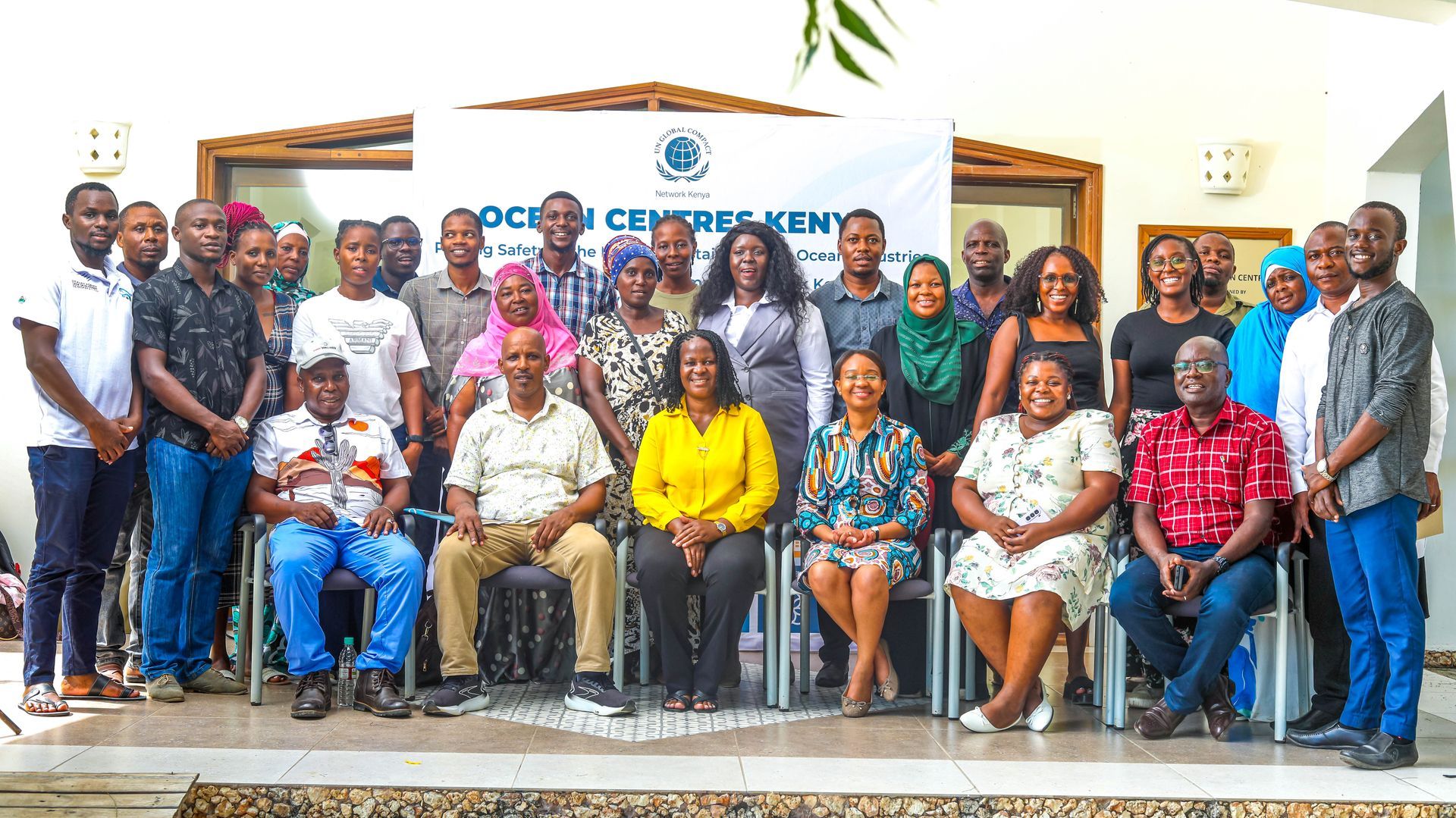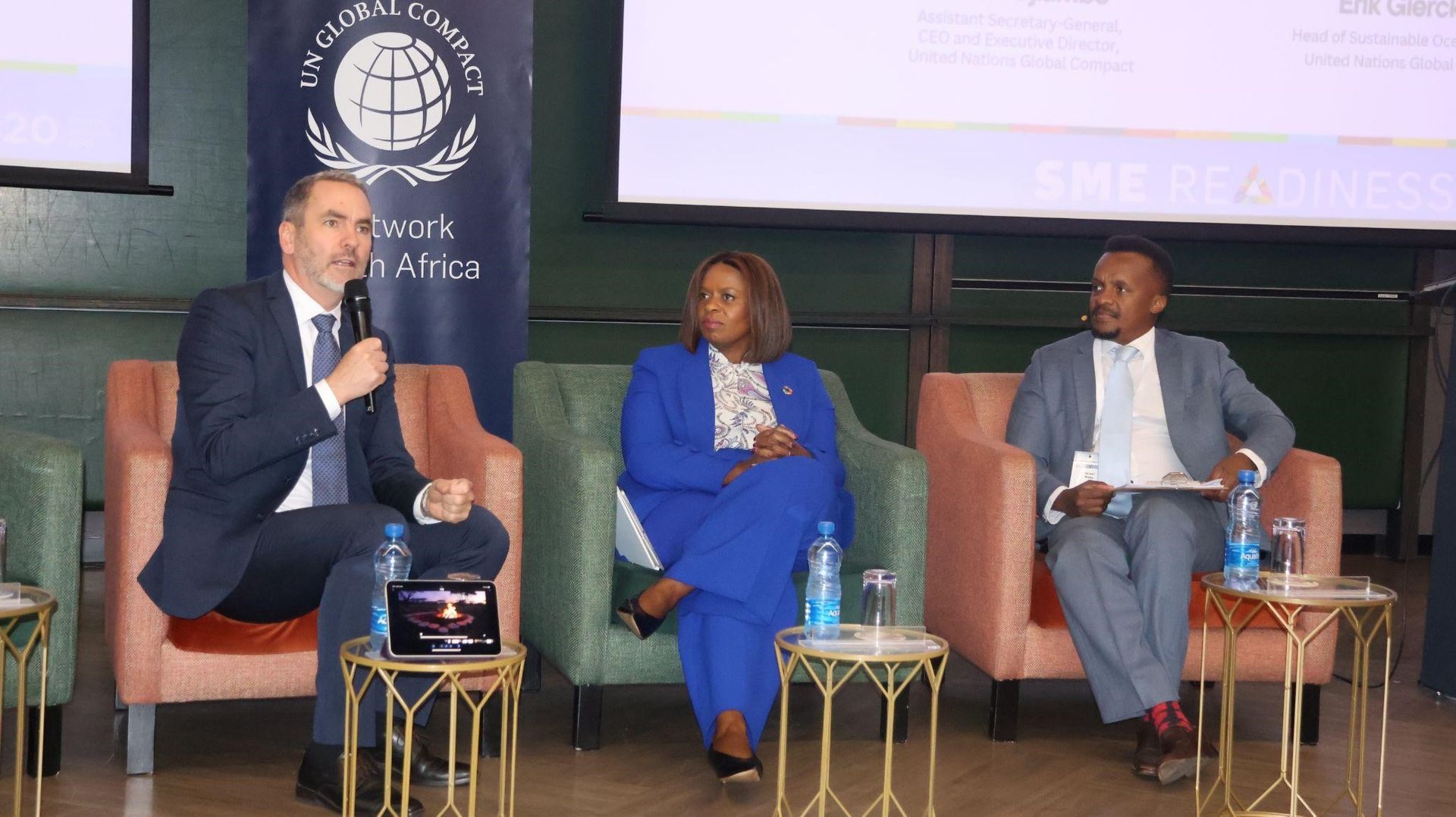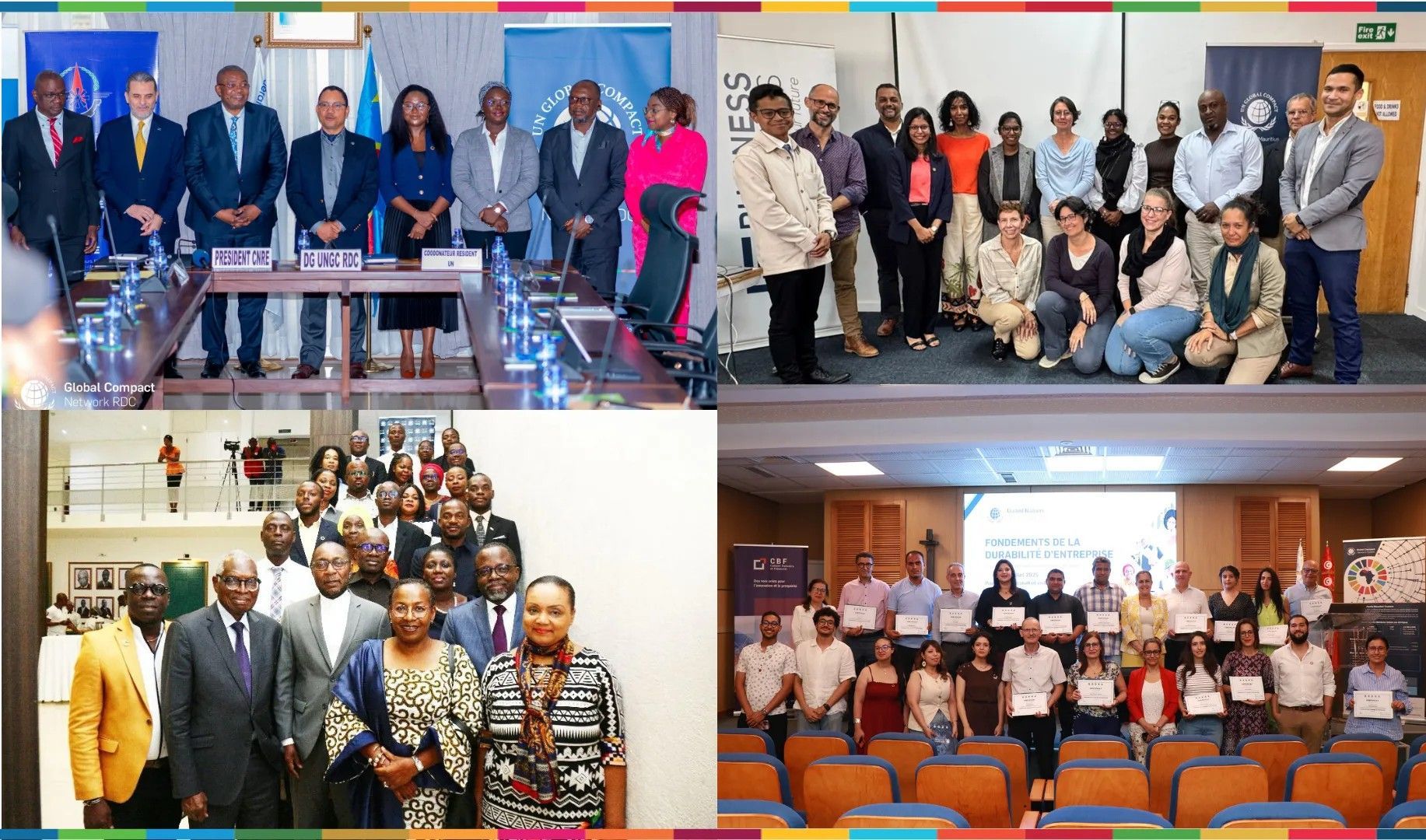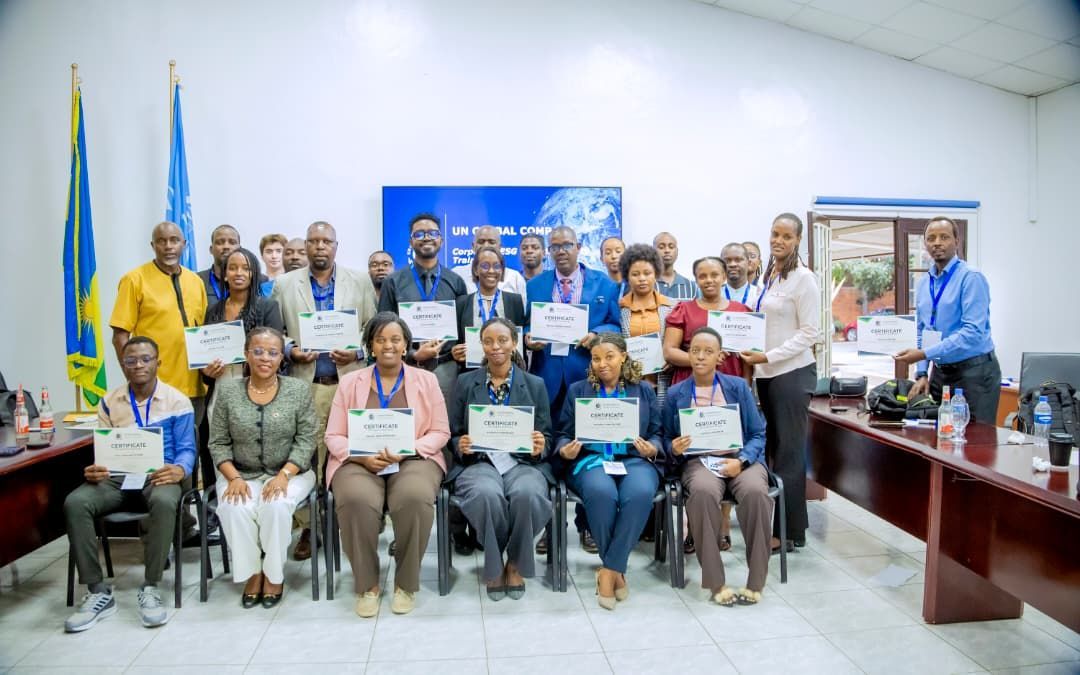The Importance of Recognizing the Care Economy in Kenya
Call to recognize and value the care economy to promote economic inclusion for women in Kenya
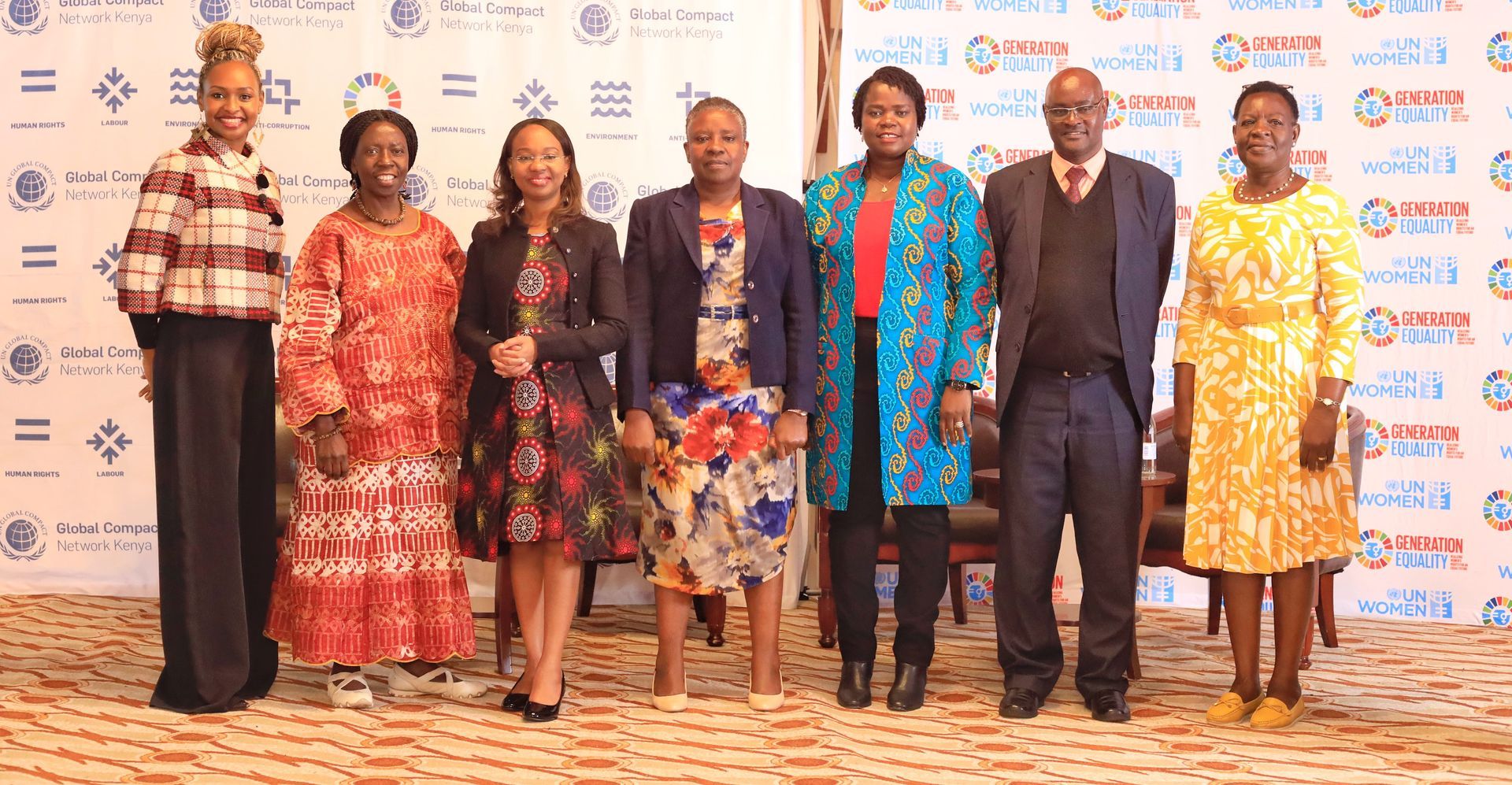
Global Company Network Kenya in conjunction with UN Women Kenya held a Women’s Empowerment Principles (WEPs) Forum under the theme “The Care Agenda in the Private Sector for Gender Equality and Women Empowerment”
The forum brought together stakeholders from Kenya's private sector to address the care work predominantly undertaken by women with discussions focusing on practical solutions and strategies to alleviate the burden of unpaid care work and enhance women's participation in the economy.
Stakeholders at the Forum emphasized the urgent need to recognize and value the care economy and reduce the burden of unpaid care work to promote economic inclusion among women in Kenya.
Principal Secretary of the State Department for Gender and Affirmative Action in Kenya, Ms. Anne Wang’ombe, reinforced the government's commitment to implementing interventions that support women's economic inclusion by highlighting the significant role of the care economy in achieving this goal.
Global Compact Network Kenya Executive Director Judy Njino noted that while women make up a significant portion of the workforce in Kenya, they remain underrepresented in leadership positions and are often paid less than their male counterparts. She noted that the Global Gender Gap Report 2023 ranked Kenya 77th out of 146 countries, showing a persistent gap in gender equality.
Ms. Njino outlined key actions for the private sector to alleviate the burden on women, such as investing in women as a human rights issue, offering flexible work arrangements, career development and mentorship programs, and ensuring equal pay and transparency.
The Kenya Time Use Survey report (KNBS 2021) indicates that women spend approximately five times more time on unpaid care and domestic work (18.7%) compared to men (3.6%), translating to 4 hours and 30 minutes per day for women versus 54 minutes for men.
In her address, UN Women Kenya Country Representative Anna Mutavati emphasized the need to recognize the contribution of unpaid care to the national GDP, reduce the burden of care on women and girls, redistribute care tasks, and rethink traditional norms that hinder women from contributing economically.



